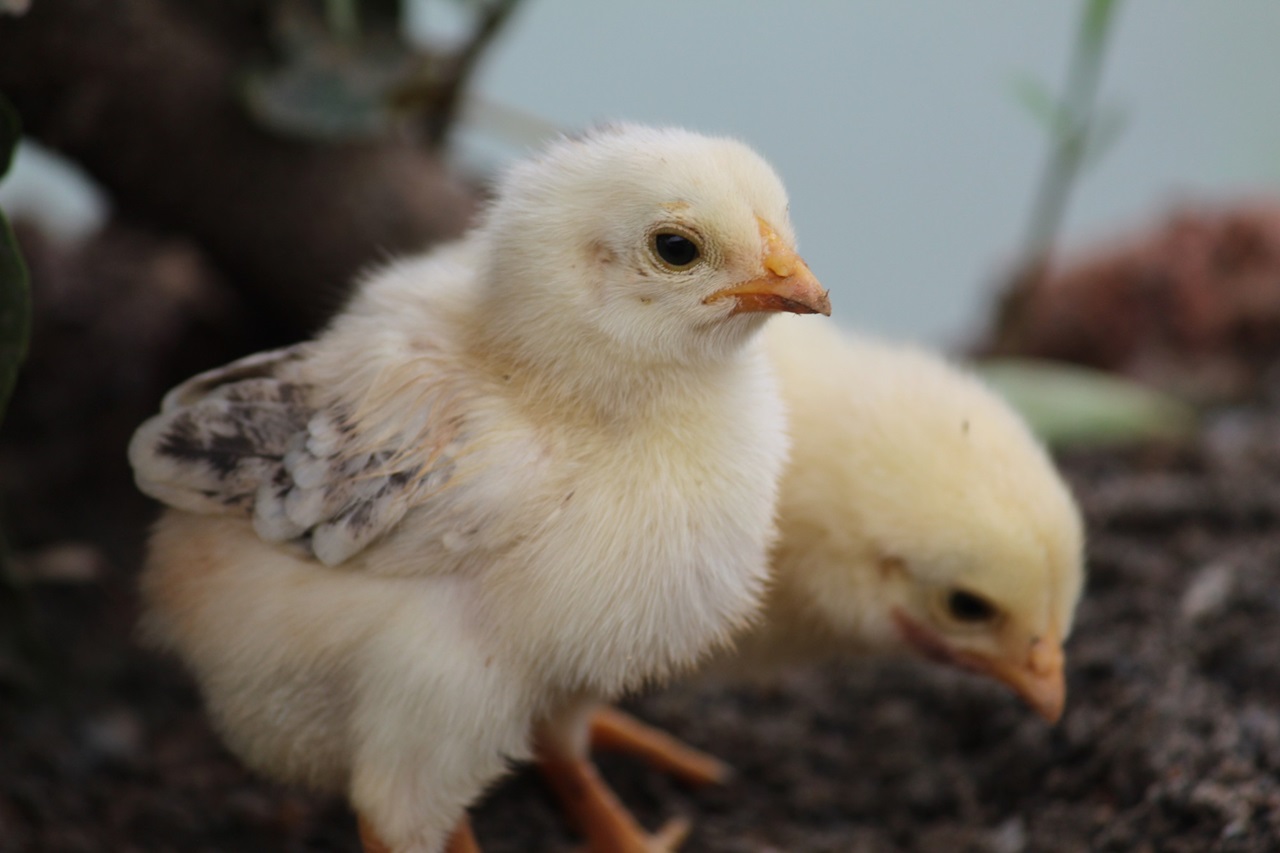7 Essential Tips for Raising 13 Week Old Chickens Successfully
Embarking on the journey of raising 13-week-old chickens is an exciting and rewarding experience. This phase is crucial for their growth and development, demanding proper care and attention. Understanding their needs and behaviors during this stage is pivotal. Here, we’ll delve into essential tips and insights to help you navigate this phase confidently.
The Growth Phase
At 13 weeks, chickens have transitioned from the fragile chick stage to juvenile birds. They’ve developed primary feathers and are actively exploring their environment. This phase marks a significant growth spurt, demanding specific care to support their development.
Understanding Nutrition Needs
Nutrition plays a pivotal role in fostering healthy growth among 13-week-old chickens. At this stage, they require a balanced diet rich in proteins, vitamins, and minerals. Incorporating a specialized feed formulated for growing pullets ensures they receive essential nutrients for strong bone development and feather growth.
Coop and Space Requirements
As chickens grow, adequate space in the coop becomes essential. Ensure each bird has ample room to move around comfortably. Consider providing at least 2-3 square feet of space per chicken within the coop. A spacious and well-ventilated environment prevents overcrowding and minimizes stress among the flock.
Health Monitoring and Care
Regular health checks are crucial at this stage. Monitor their weight, inspect for any signs of illness, and keep an eye on their overall behavior. Vaccinations and deworming schedules should be diligently followed as advised by poultry experts or veterinarians.
Behavior and Socialization
Understanding chicken behavior is key to fostering a harmonious flock. At 13 weeks, they establish a pecking order. Observe their interactions to ensure there’s no excessive aggression or bullying. Providing enrichments like perches or toys encourages healthy socialization among the birds.
Addressing Environmental Changes
Changes in weather can impact chickens’ well-being. Ensure they’re protected from extreme temperatures and drafts. Providing adequate shelter and bedding, especially during colder months, is crucial to maintaining their health and comfort.
Egg Production Preparation
At around 16-20 weeks, some chicken breeds may start laying eggs. Ensure nesting boxes are prepared, clean, and easily accessible. Monitor the quality and size of eggs to detect any potential health issues early on.
FAQs about 13 Week Old Chickens
- How often should I feed 13-week-old chickens?
- Feed them a high-quality diet twice a day, ensuring they have access to food throughout the day.
- What should I look for in their health check-ups?
- Keep an eye out for changes in behavior, weight fluctuations, and any signs of distress or illness.
- How can I keep them warm during colder months?
- Ensure the coop is insulated, provide heat lamps if necessary, and use bedding to keep them warm.
- Is it normal for them to exhibit pecking behavior?
- Pecking behavior is natural as they establish dominance, but monitor for excessive aggression.
- How do I encourage egg laying in my chickens?
- Maintain a stress-free environment, ensure proper nutrition, and provide suitable nesting areas.
- Should I separate aggressive chickens?
- If aggression leads to injury or significant stress, consider temporary separation until harmony is restored.
Conclusion
Raising 13-week-old chickens requires a blend of attentive care, understanding their behaviors, and providing a conducive environment. By incorporating these essential tips into your routine, you’ll nurture a healthy, thriving flock ready to produce eggs and bring joy to your homestead.
